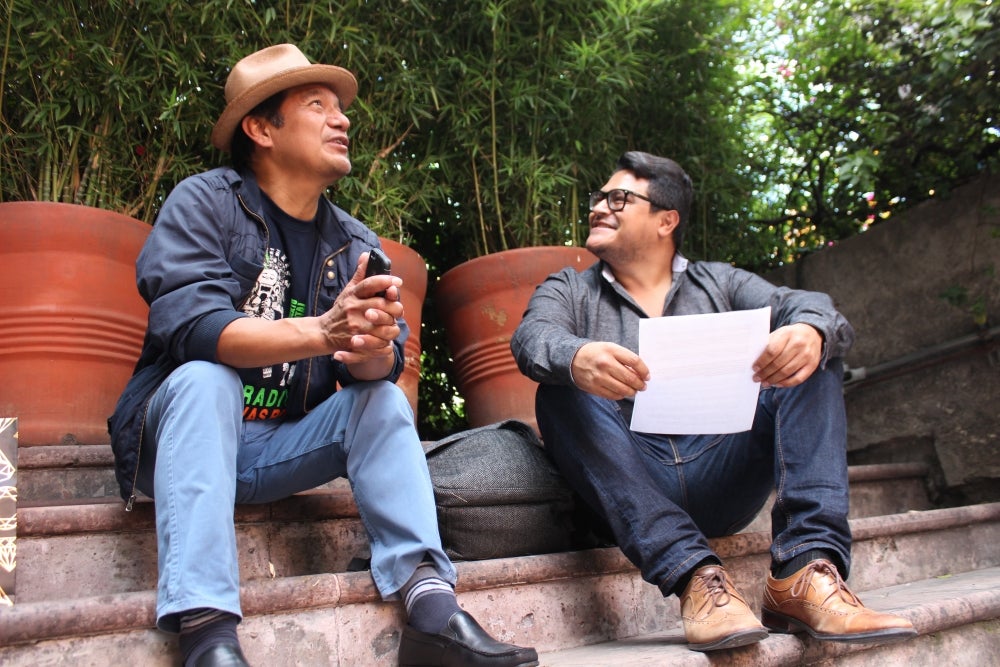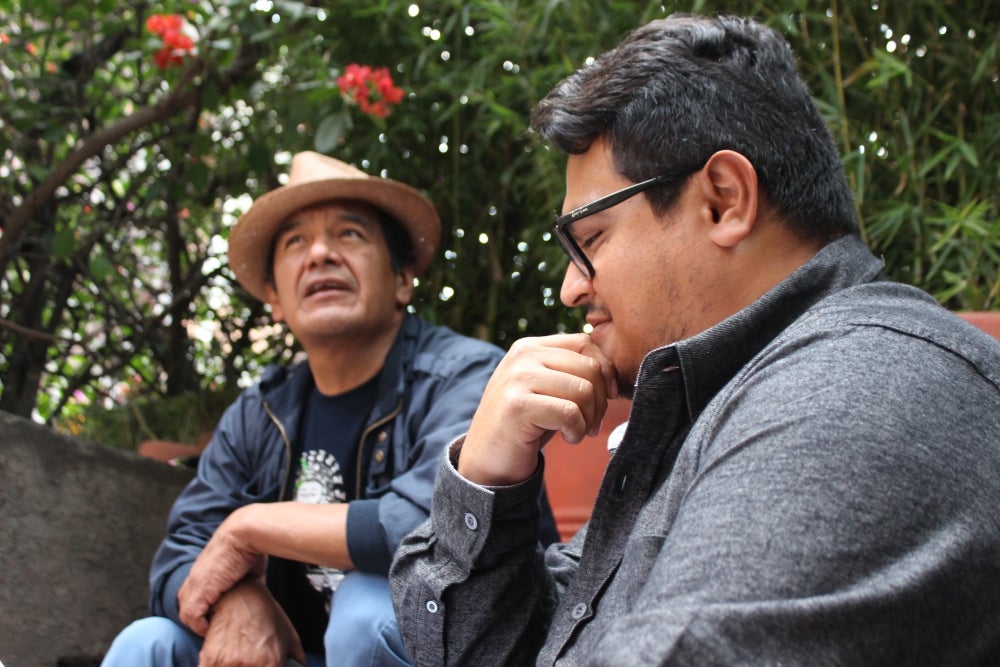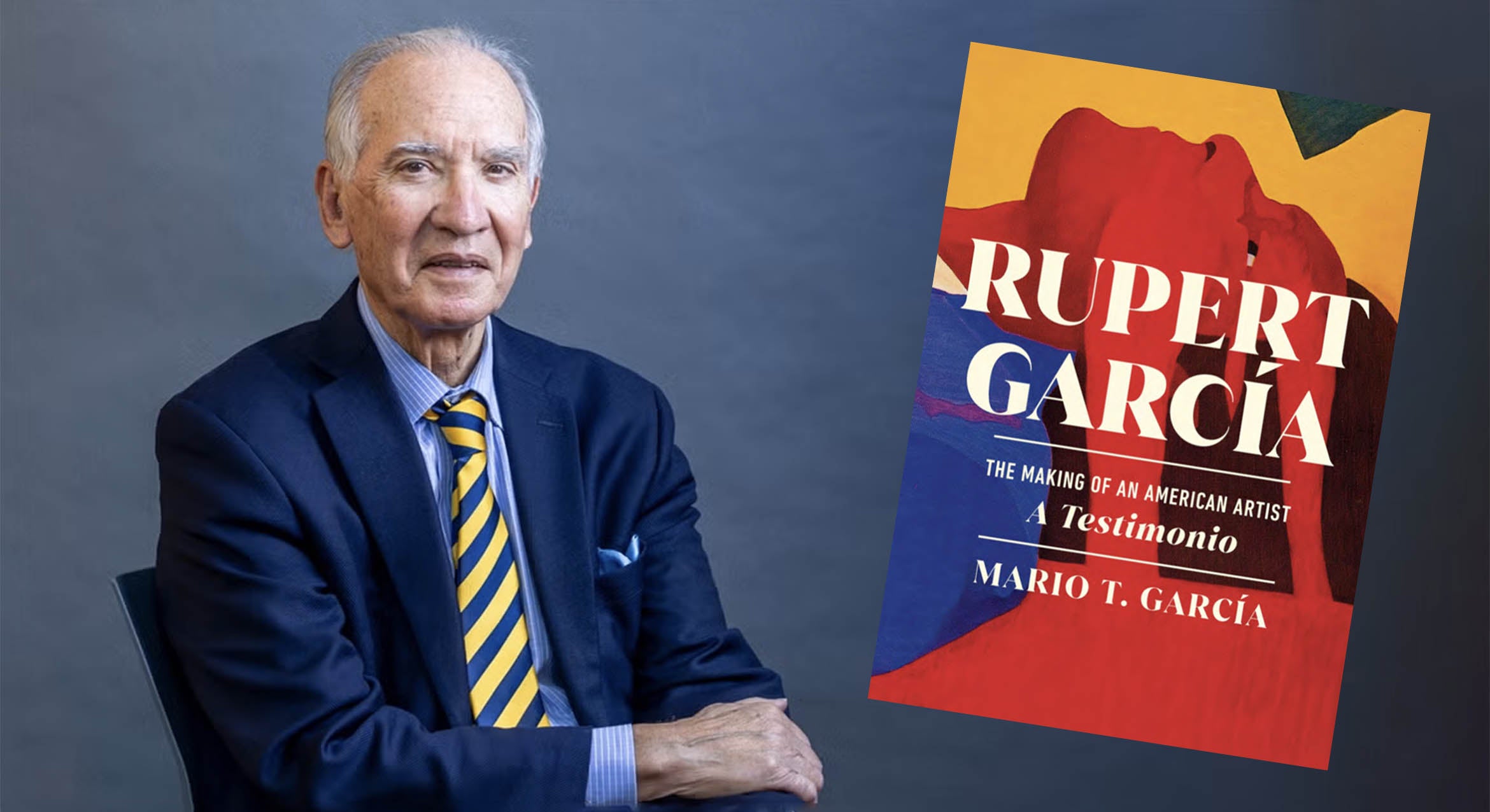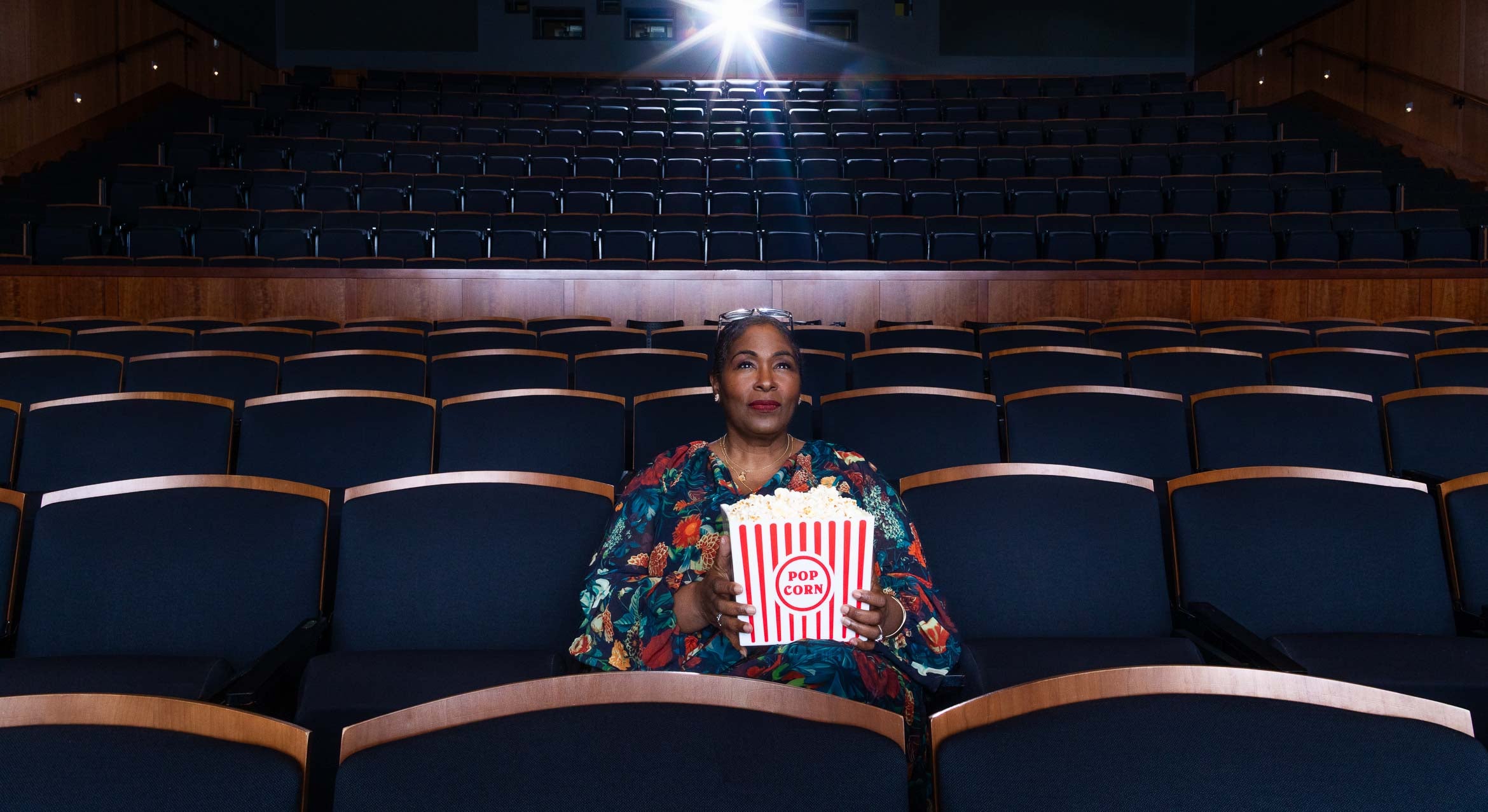A Verbal Kaleidoscope
“For my people the word is truth, feeling, memory, symbol of struggle, of resistance, of identity. To possess it and to re-create it is a way of knowledge, a form of communion with the sacred, a pact with nature, a romance with the universe.”
That statement (translated from Spanish) was made by Mazatec poet Juan Gregorio Regino after he won Mexico’s prestigious Nezahualcóyotl Award for Indigenous Literature. The word in question: indigenous.
Now the director of Mexico’s National Institute of Indigenous Languages (INALI), Regino will be among the speakers and poets at UC Santa Barbara’s inaugural Verbal Kaleidoscope: Writers and Scholars in Indigenous Languages and Literatures Conference, presented by the Department of Spanish and Portuguese. The event, which is open to the public, will take place from 9 a.m. to 7 p.m. April 4–5 in UCSB’s McCune Conference Room, 6020 Humanities and Social Sciences Building. A poetry reading will be held from 12:30 to 1:30 p.m. April 5 in the campus’s Art, Design & Architecture Museum.
“The conference is highly relevant because it emphasizes that indigenous cultures are contemporary cultures, not only manifestations of the past,” said Leo Cabranes-Grant, chair of Spanish and Portuguese at UCSB. “These cultures are here, now, inhabiting our time and our space — we are living together, sharing a common task. And these cultures are creating their own approaches to language, translation and interculturality.”
According to conference organizer Osiris Gómez, a Ph.D. candidate in Spanish and Portuguese, indigenous literature revives native languages as well as philosophical views that have been neglected. As such, the goal of Verbal Kaleidoscope is to explore “the poetic act — written or oral, poetry, theater, narratives, art, film or music — as a factor of visibility for marginalized groups and political action.”
For marginalized people, Gómez said, “the very act of writing is political and a mode of resistance, because not only are they writing for the survival of their cultures, but their work is also exposing the injustice, the neglect and violence that they suffer.”
Complicating matters further — and a subject that will be addressed during the event — is that “the term indigenous itself is problematic,” said Gómez, who specializes in indigenous literatures of Mexico, another contested term.
“We’re generally speaking of minority groups — people who have been suppressed or neglected in some way, including activists and scholars representing local cultures,” he said. “Some contemporary writers ask, ‘Why are you calling me indigenous; can’t I be a Mazatec, or Zapotec or Nahua?’”
Just as for native people in the United States such as the Chumash, he continued, “indigenous” might not be the preferred term, given that self-determination is also at the heart of their cultural revival efforts. Nor is the conference limited to literature and languages from the Americas.
“So the only term that had broader attraction was indigenous,” Gómez said. “I’m trying to look for the term that unites everybody.”
A resurgence of the study of indigenous literatures is slowly changing research methods and scholarship practices, according to Gómez. Scholars are promoting community-based research that focuses on oral stories, ritual and dance, and “respectful inquiry practices, rethinking the idea of studying indigenous peoples, but rather learning from indigenous peoples.”
Unlike many academic conferences, Verbal Kaleidoscope will feature not only presentations by scholars, but also performances by and dialogue with creators — the poets and authors who speak and write using indigenous languages. It will also offer a forum — based on a Nahuatl tradition — in which poets will engage in dialogue around one question: What is poetry?
Along with Regino, speakers include Irma Pineda Santiago, a Zapotec poet and essayist; and Patrick Johansson, a professor and scholar from the National Autonomous University of Mexico (UNAM). From the Basque culture, presenters are scholar María José Olaziregi, poet and novelist Itxaro Borda and poet Leire Bilbao.





